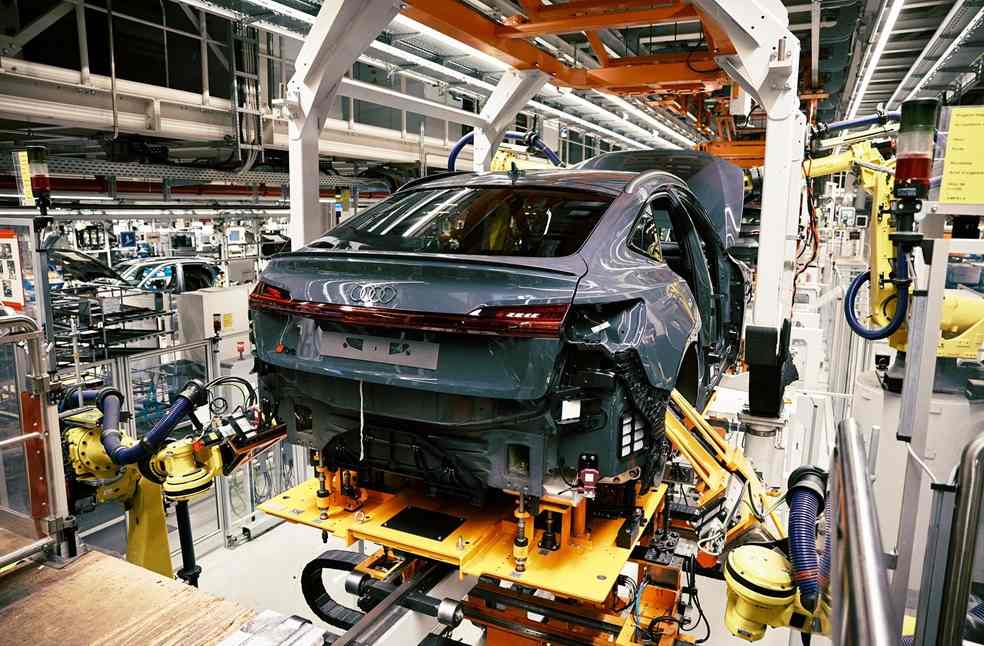Mexico is prepared to retain its prominence in the global automotive industry despite the imposition of U.S. tariffs, according to a new forecasting model developed by global consulting firm Roland Berger. The study highlights Mexico’s enduring potential as a production hub for vehicles and auto parts, backed by key structural advantages.
The model identifies Mexico’s proximity to the U.S. market, access to skilled labor, and its relatively stable political and regulatory environment as core strengths that continue to attract automakers. “Many new vehicle models will continue to be cheaper to produce in Mexico due to these factors,” the analysis noted.

“The entire supply chain, from original equipment manufacturers to suppliers, has built its manufacturing strategies around Mexico,” said Stephan Keese, senior partner at Roland Berger, in an interview with Global Auto Industry. “The country has become an integral part of global supply chains and engineering strategies.”
Keese emphasized that some regions in Mexico have made notable strides in investing in education, infrastructure, and advanced technologies, contributing to the growth of more automated and sophisticated manufacturing operations.

The availability of experienced and reliable workers is another highlight of the model. Keese pointed out that companies in Mexico often experience lower staff turnover than in the U.S., and generally find it easier to recruit skilled personnel for engineering and supervisory roles.
Significantly, the model also suggests that trade with Mexico plays a major role in attracting investment to the U.S. automotive sector. “If we want to reindustrialize the United States, we will have to do so through specific investments and incentives, and not by protecting and separating U.S. supply chains from the rest of the world, and especially from our main source of supply, which is Mexico,” Keese concluded.
EV WORLD | Mobilize, Andersen Offer Premium Chargers for Renault Buyers





